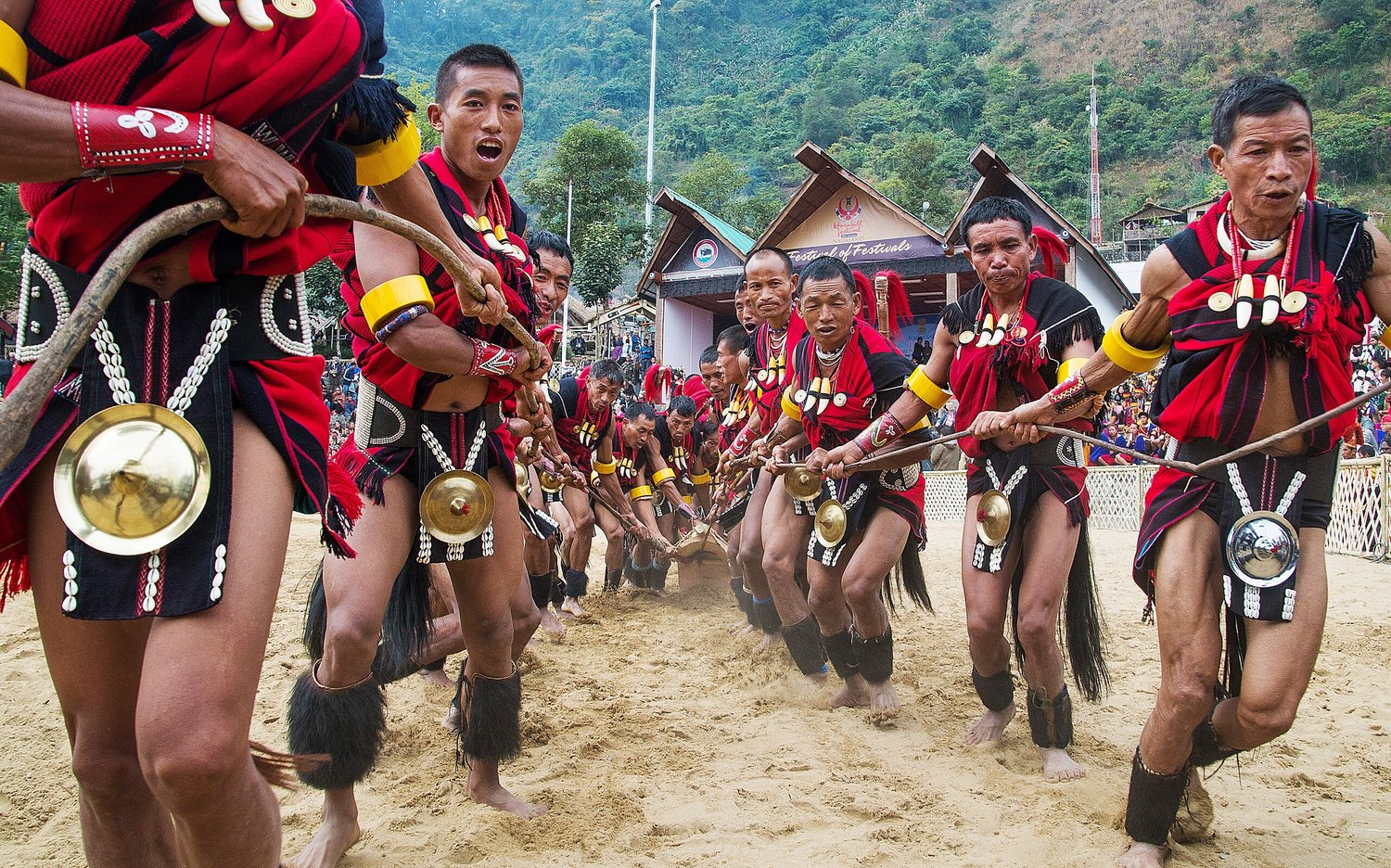(ANALYSIS) The Konyak are one of 17 Naga tribes located in Nagaland, an Indian state in the far northeast of the country bordering Myanmar. Konyak communities exist on both sides of the border. This is a mountainous and, until recently, remote area that is culturally and historically distinct from the rest of India.
It is also the most thoroughly Baptist region in the world.
Edward and Mary Clark of the Boston-based American Baptist Foreign Mission Society brought Christianity to the area in 1872 after their efforts to convert Hindus and Muslims in neighboring Assam saw little success.
READ: Is There Really A Religious Revival In England?
Their work among the animist Naga, along with that of later American and Naga missionaries, proved more fruitful. The Ao Naga, who live near the plains of Assam, were the first to convert and played a major role in spreading Christianity to more remote areas. Today, nearly all Nagas are Christian, most of them Baptists.
The last American missionaries departed in 1955. The Naga Baptist Church now consists of 21 ethnically defined councils. The Konyak Baptist Mission Center in Mon oversees the administration of Konyak Baptist churches. A retired board member explained that there should be one church in every village. The church is often the largest and most visually striking structure, symbolizing Christian identity in most villages.
The church in Mon, a town of approximately 17,000 people, is the largest Baptist church in Asia. It dwarfs surrounding buildings and can seat 10,000 worshippers.
Enthusiastic Konyak evangelists are active in revivalism and church planting on both sides of the India-Burma border. In Mon and other larger towns, small fellowship churches also serve the daily needs of parishioners.
Many Konyak pastors are trained at Serampore College in Kolkata, founded in 1818 by, among others, William Carey, the first Baptist missionary, or at Clark Theological College in Mokokchung, Nagaland, Eastern Theological College in Jorhat, Assam and other affiliated institutions.



